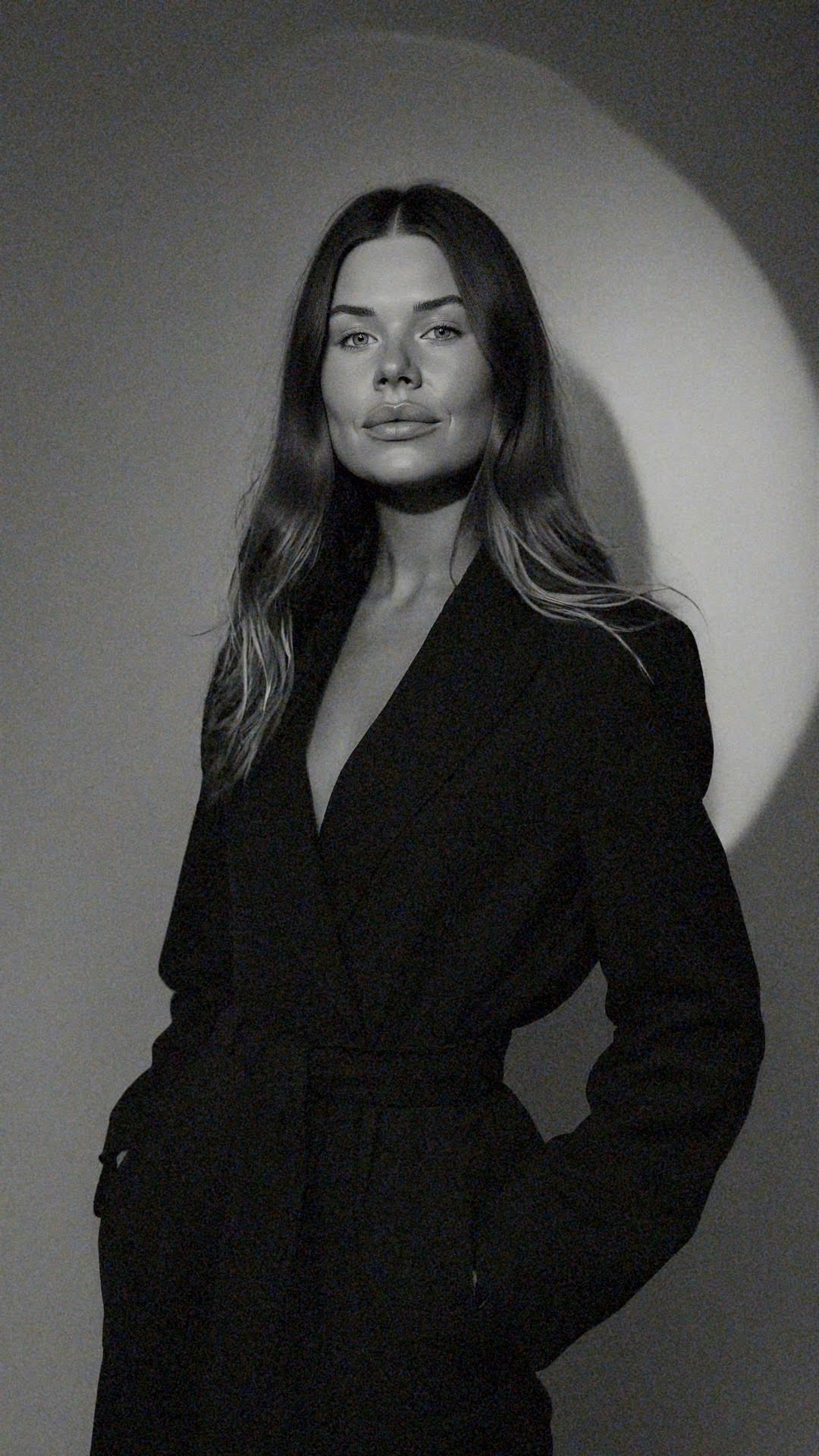I Learned the Hard Way: Here's Why a September Reset Should Be Your Priority
Answering work calls with a ruptured stomach ulcer was my burnout reality check


Every September, I showed up with fresh notebooks, new commitments, lofty goals, and a jam-packed diary. Who was I meeting? Who cared! I was booked and busy—and busyness, I believed, meant I was inching closer to an MBE for services to British business.
I drank the Kool-Aid that said we should return from summer holidays well-rested, tanned (but not sun-damaged), with a stack of books read, and ideally, a new workwear wardrobe. Girl-chat demanded newness—and I was always happy to oblige.
If volume equalled success, then my cup runneth over. But the result? By mid-September, I was broken. Every single year. My ruptured stomach ulcer was just another addition to my burnout badge collection—a badge I genuinely thought symbolised success. I believed that unless things were physically, mentally, and emotionally hard—unless I was always “on”—then I wasn’t doing anything impressive.
September, like January, is loaded with expectation. It’s the “second New Year.” Psychologists call these moments temporal landmarks—points in time that prompt us to reset, set goals, and prove ourselves all over again. It’s sold to us as a fresh start, but for many, it feels more like a resilience test. And the whole “reset” narrative assumes we’ve had a relaxing summer holiday, which, let’s be honest, often isn’t the case.
The cultural pressure is everywhere. Substack saw nearly 10% more unique visitors in September 2023 than in August, with people searching for productivity, self-help, and “getting back on track.” Instagram and TikTok feeds are flooded with hashtags like #productivity (5.4 million posts), #BackToSchool, and #SelfCare—glossy prompts urging us to refresh, reset, and reinvent. It’s overwhelming.

According to a 2024 Mental Health UK report, 91% of British adults experienced high or extreme stress in the past year, with workplace pressure topping the list of triggers. Deloitte’s UK Women @ Work survey found that nearly half of women feel “always on,” even outside contracted hours.
As I ask in my book, Smarter:
Celebrity news, beauty, fashion advice, and fascinating features, delivered straight to your inbox!
- Why is our value tied to our productivity?
- Why do we equate constant output with progress?
- And how much of our ambition is really just a need for validation?
For years, I wore my exhaustion like a uniform. First in, last out. Every email answered. Every opportunity grabbed. Every demand met. I was addicted to being the reliable one, even when it cost me everything.
Taking a work call with a ruptured stomach ulcer was the peak of that insanity. I believed that showing up—even looking like a sickly Victorian child—meant I was winning.
But my wake-up call wasn’t just medical. I wanted to be ambitious without being annihilated. I wanted a life where achievement didn’t mean self-erasure. I wanted to understand what balance really meant to me—what the trade-offs were—and whether it might be possible to get everything I’d ever wanted without ruining my life in the process.
That’s when I realised that energy isn’t one-dimensional. It’s physical, emotional, mental, and creative. Protecting it meant letting go of my compulsion to be endlessly reliable. It meant building boundaries. It meant redefining success. I’d been taught hard work, not smart work, and I had to unlearn years of ingrained systems and adopt newer, healthier ones.
The biggest shift was reframing rest. I stopped treating rest as something I earned after the collapse and started seeing it as the foundation that allows me to keep going. Rest wasn’t indulgence. It was maintenance. I challenged my ideas about identity, perception, and success, and reconnected with what actually mattered.
I didn’t want to be remembered as the tired woman. And I had to take accountability for the fact that I was the one broadcasting that image to the world. People treat you the way you allow them to and I had taught people to value my availability over my wellbeing.
So, how do you protect yourself from the September pressure? Here are the shifts I’ve made (and the ones I recommend if you want to avoid the annual crash-and-burn):
- Audit your energy, not just your hours: Track when you feel sharpest, when you slump, and when creativity strikes. Align your most important work with those windows. Energy is the real currency of achievement.
- Create a To-Don’t List: We know the To-Do list well—but a To-Don’t list is just as powerful. Mine includes:
• Don’t book Friday afternoon meetings.
• Don’t reply to emails in bed.
• Don’t drink coffee after 2 p.m.
Each one protects my focus and wellbeing. - Practice monotasking: Multitasking is a myth. I now pick three priorities each day. If I complete them, the day is a success. Everything else is optional.
- Redefine rest: Rest isn’t indulgence—it’s fuel. Sometimes it’s Pilates. Sometimes it’s pizza. Sometimes it’s finally doing your tax return. Rest is whatever lets your shoulders drop.
- Set boundaries as armour: If you don’t set limits, people assume you have none. Boundaries aren’t selfish—they’re sustainable.
- Choose consistency over intensity: A September sprint leads to a mid-September collapse. What works is building a rhythm you can maintain in November, and still hold onto in March.
Protecting yourself this September doesn’t mean opting out. It means designing smarter systems that allow you to stay ambitious without self-destruction.
I no longer measure September by how many hours I can cram into a day or how visibly busy I appear. My ruptured ulcer and endless “burnout badges” taught me that exhaustion isn’t ambition.
Now, I build rest into my routine. I guard my energy as carefully as my time. I say no without guilt. I choose balance over bravado. And I remind myself daily that ambition isn’t about how hard I can push, but how well I can sustain.
I don’t want to be remembered as the tired woman. September doesn’t need to bully you into submission. It can be the month you choose smarter ambition over endless exhaustion.

Emily Austen is the founder and CEO of EMERGE, an award-winning PR agency based in London, which she started in 2012, and the author of the bestseller SMARTER: 10 Lessons for a More Productive & Less Stressed Life. Emily has guest lectured at Harvard University, is the Strategic PR Advisor to UN Women UK, and has a diploma in Venture & Finance from Oxford University. She hosts a podcast called The Smarter Podcast, with guests such as Dylan Lauren, Amanda Baldwin, Bobbi Brown, and more.